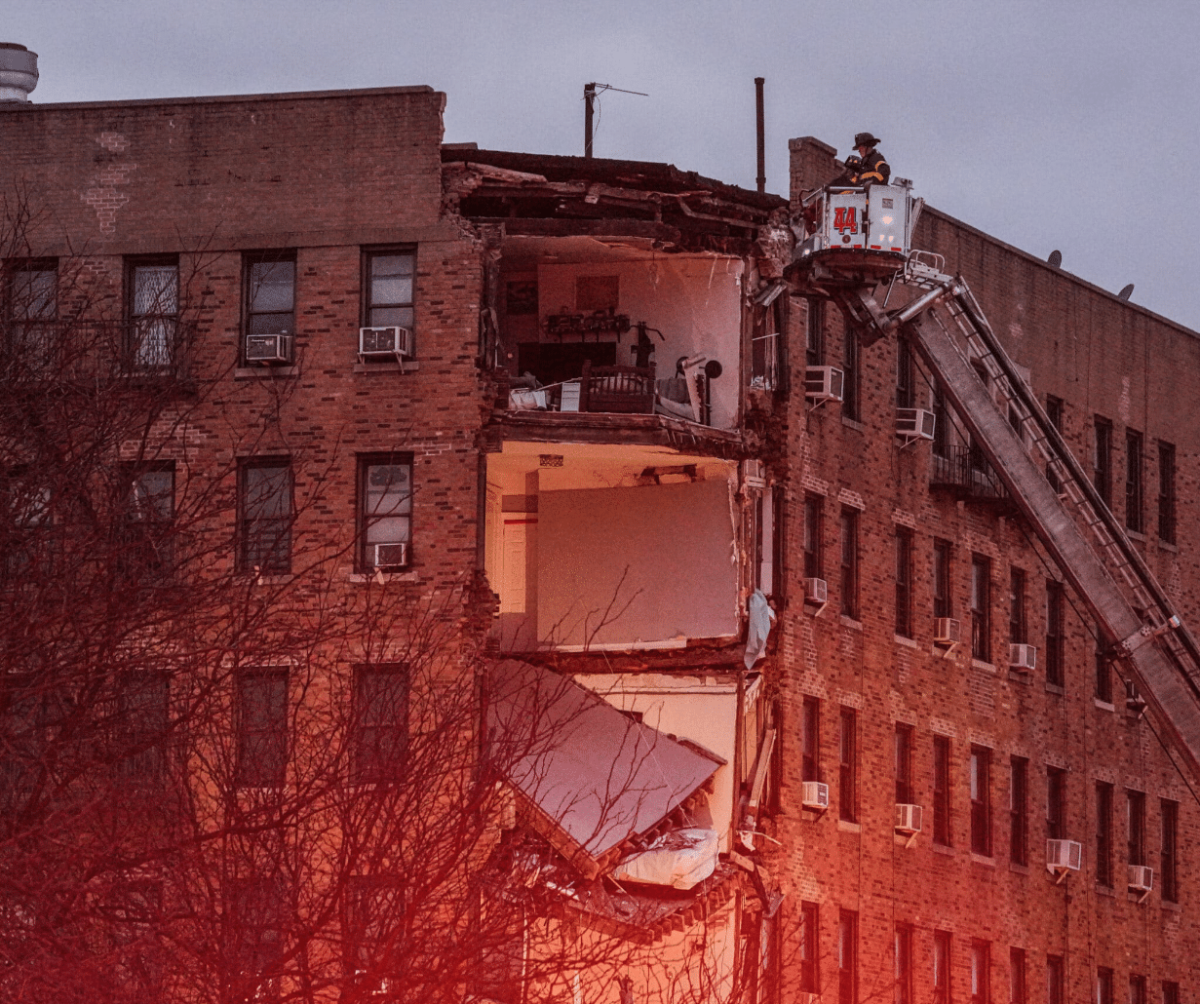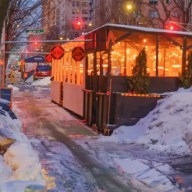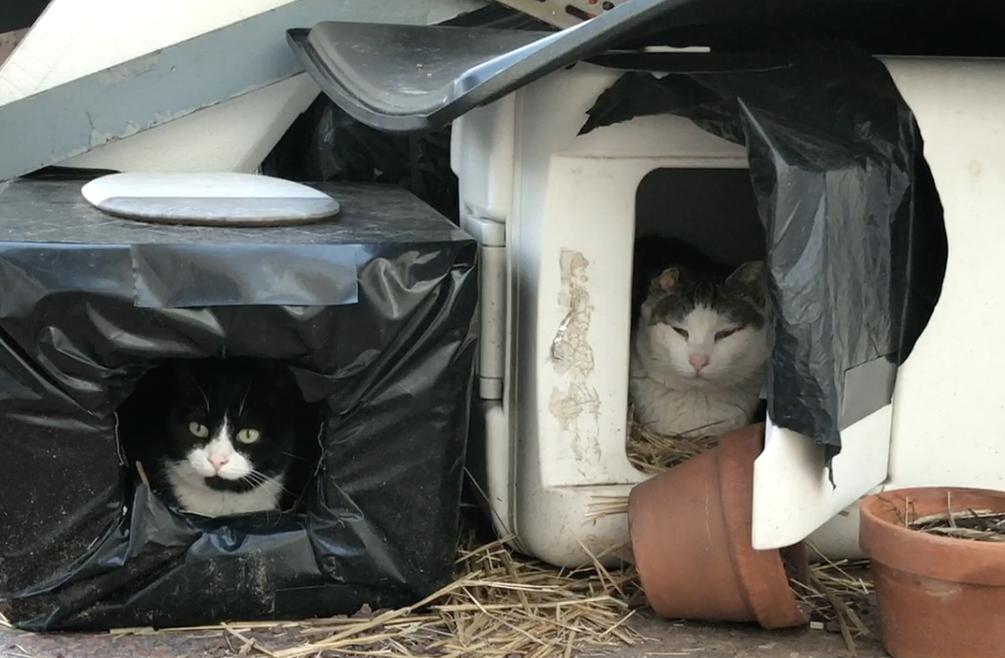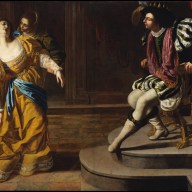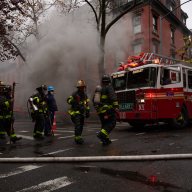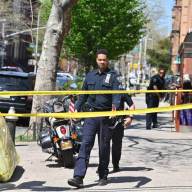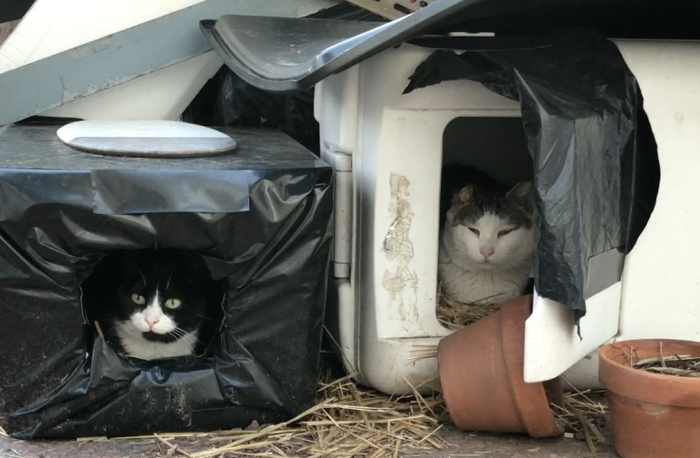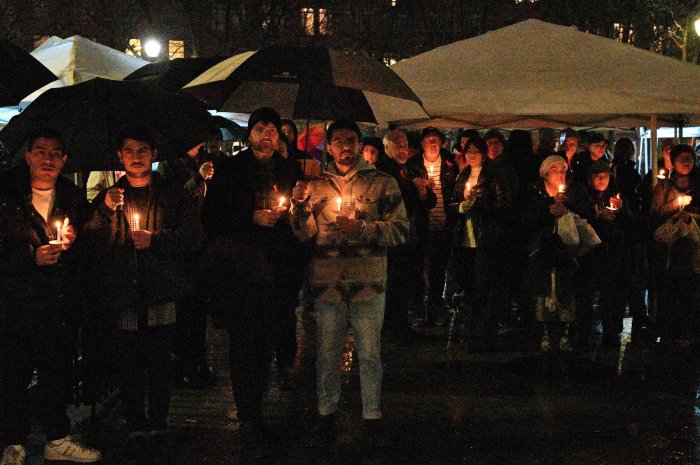
BY GABE HERMAN | A play to be performed on the Lower East Side will explore the life of artist Harry Smith, who also famously compiled the American Anthology of Folk Music.
“Harry Smith at the Chelsea Hotel,” written and directed by Terese Coe, will be performed on Oct. 23 at 7:30 p.m. at Dixon Place, at 161A Chrystie St.
The play is set in 1970 in the Chelsea Hotel, and also in the hotel’s El Quijote Restaurant and Max’s Kansas City, according to an announcement. Harry Smith was an avant-garde painter, filmmaker, musicologist, polymath and Guggenheim grantee.
“The play is about the artists, poets and other visitors or misfits who attended Harry Smith’s de facto Chelsea salon,” according to Cordis Heard, an actor in the upcoming reading of the play. “As he struggles to come up with the rent money, any way he can connive to get it, Harry’s antics reveal his wit and practicality as well as the unconventional behaviors of his fellow artists and soul mates.”
Heard, who is also a director and a founder of the Red Harlem Readers, added that the play is full of humor, though sometimes the characters’ joking hits too close to home and brings out serious issues.
“Terese Coe has captured the energy, narcissism and mania of the period,” Heard said. “By the play’s end we have had a thorough experience of the times and people of the era. For many it was high times in every sense of the word, but unfortunately, reality does set in for them all and we can be glad for the lesson without the pain.”
Coe, a New York native who is a writer, translator and dramatist, said her reason for writing the play was out of necessity.
“It was impossible not to,” she said. “Harry was a dear friend and supporter of my writing in the sense that he talked about it with me. In his room I met [poet] Gregory Corso, Allen Ginsberg, [art collector] Isabella Gardner, [guitarist] Mike Bloomfield, and Leonard Cohen, among others.”
As for setting the play in the Chelsea Hotel, Coe said, “It was a center of artistic ferment in the 60s and 70s, as it had long been and would continue to be for many more years.
“One could meet other creative people in the elevator or in a room or at the Quijote restaurant, and have productive conversations and interactions, even work with them on a story or be inspired by them to write, make a film, create a work of visual art, or make one another laugh,” he continued. “In fact, the latter is what our crowd did best.”
Admission to the Oct. 23 performance is free, and ticket information can be found at dixonplace.org.













